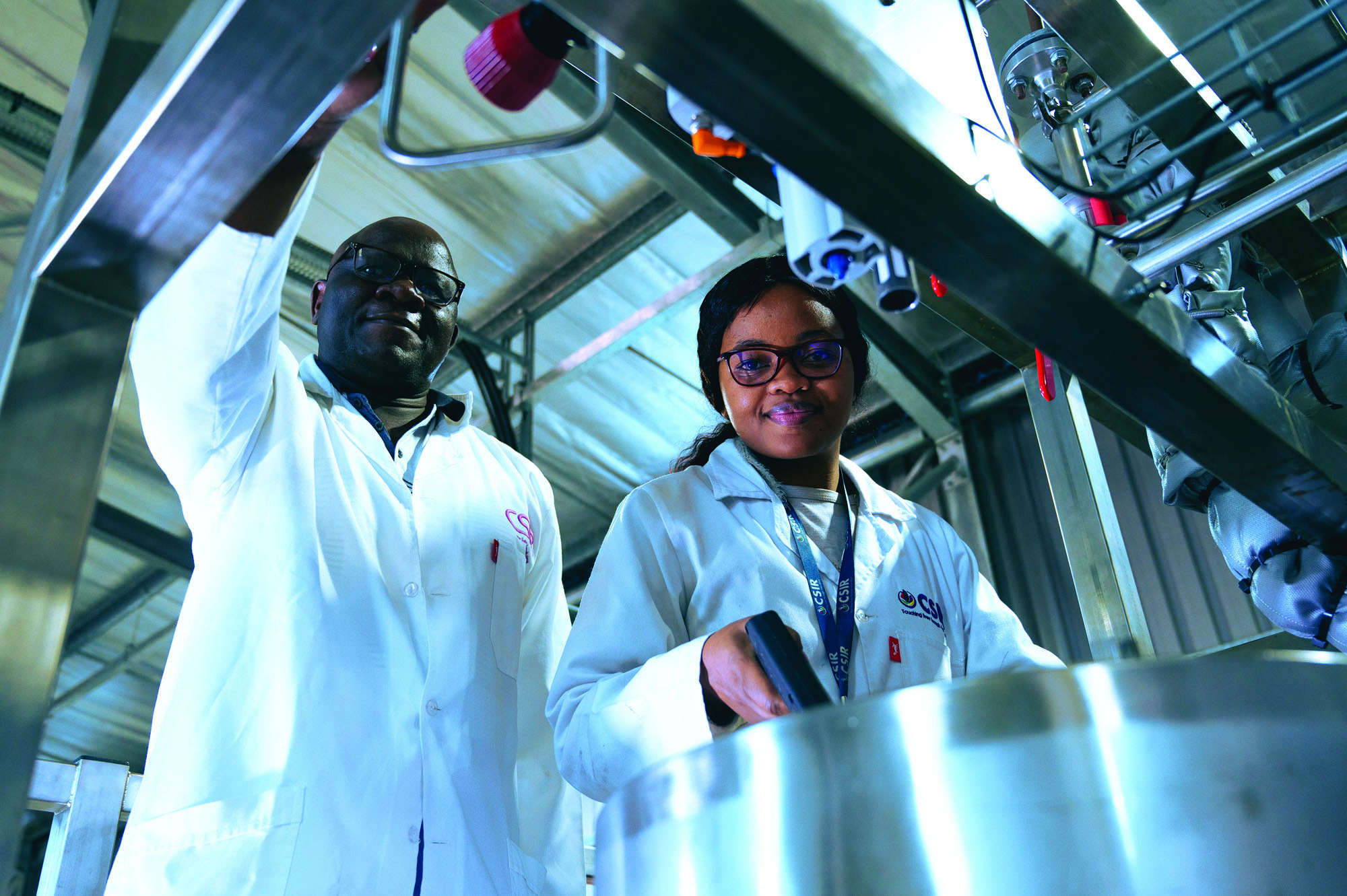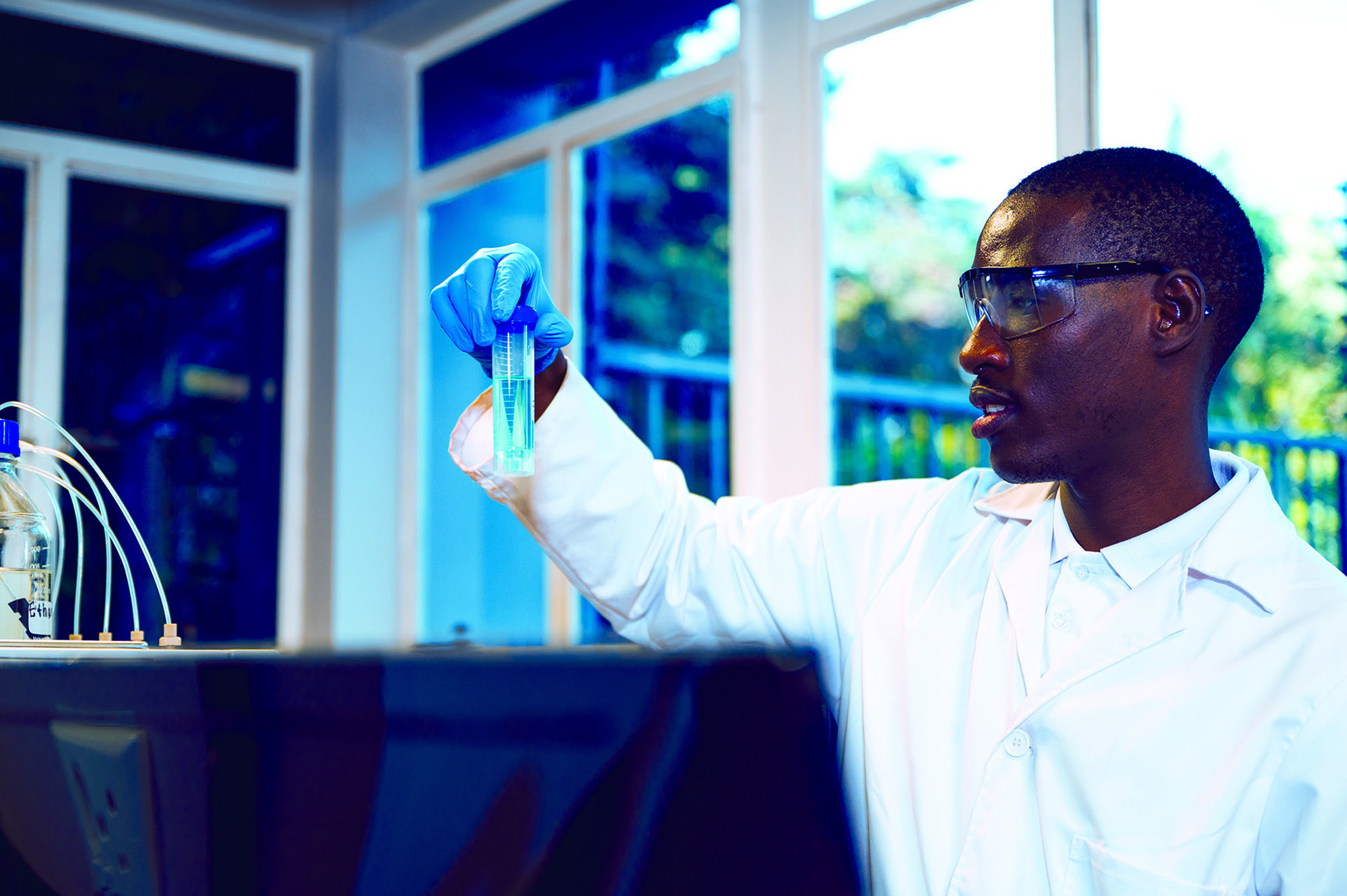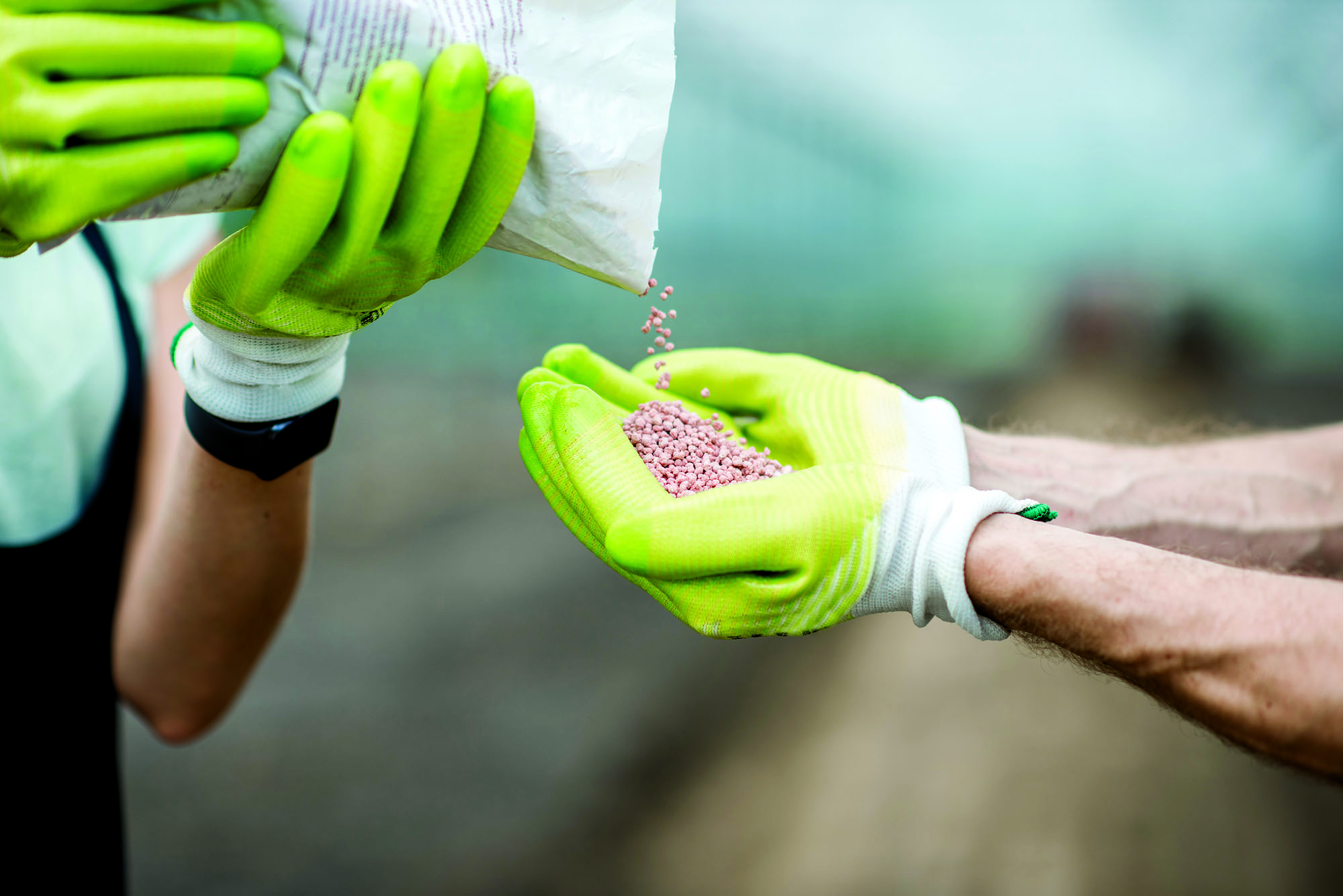Circular Economy Projects: Green Technology in South Africa
In the face of growing environmental challenges, resource scarcity and the need for green technology, South Africa is standing at a crucial crossroads. The need for circular economy innovation has never been more pressing, as our nation seeks to balance economic growth with environmental sustainability.
The Department of Science and Innovation (DSI) has recognised this vital need and has positioned itself at the frontline of driving circular economy and green technology initiatives that hope to reshape our industrial landscape and pave the way for a more sustainable future.


The Urgent Need for Circular Economy and Green Technology Innovation in South Africa
South Africa, like many emerging economies, faces unique challenges in its journey towards sustainability. Our rich industrial heritage, while a source of economic strength, also presents environmental hurdles. From mining waste to plastic pollution, from water scarcity to carbon emissions, the need for innovative solutions is clear and urgent.
The circular economy model offers a compelling answer to these challenges. By reimagining waste as a resource and closing the loop on production cycles, we can create a more resilient and sustainable economic system.
This approach, combined with green technology, not only addresses environmental concerns but also opens new avenues for economic growth, job creation and technological innovation.

Our Role in Spearheading Local Circular Economy Initiatives
The Department of Science and Innovation (DSI) has taken a proactive stance in enabling circular economy innovation. Recognising that the transition to a circular economy and green technology requires a concerted effort from all sectors of society, the Department of Science and Innovation (DSI) has initiated and supported a range of projects that showcase the potential of this economic model.
The department’s approach is multifaceted, focusing on key areas where innovation can have the most significant impact:
- Zero-waste manufacturing: The Bio-refinery Industry Development Facility (BIDF) is converting industrial waste into valuable resources.
- Water resource management: NanoMagh™ technology is addressing the critical issue of Acid Mine Drainage (AMD) waste.
- Plastic waste valorisation: The innovative P2Power technology is turning plastic waste into energy, addressing two pressing issues simultaneously.
- Carbon footprint reduction: EPCM Global is driving new ways to capture and utilise carbon emissions.

The Bio-Refinery Industry Development Facility (BIDF): Pioneering Zero-Waste Manufacturing
The Bio-refinery Industry Development Facility (BIDF) stands as a testament to South Africa's potential in zero-waste manufacturing. This facility, supported by the Department of Science and Innovation (DSI), is reshaping how industries approach waste, particularly in the forestry and agro-processing sectors, through the integration of green technology.
Key achievements of the Bio-refinery Industry Development Facility (BIDF) include:
- Repurposing biomass and organic industrial waste into high-value products
- Providing crucial R&D support for zero-waste product development
- Enabling 22 enterprises to improve sustainability and create higher-value products from waste
Dr. Viren Chunilall, a key figure at the Bio-refinery Industry Development Facility (BIDF), emphasises its role: "There is a gap in the industry between proof of concept to commercial implementation of innovations. The BIDF focus on developing advanced or 'next generation' technologies for commercialisation to fill this gap."
The Bio-refinery Industry Development Facility (BIDF) offers a range of key services to support zero-waste manufacturing:
- Research and development support
- Access to chemical laboratories and analytical infrastructure
- A biomass fractionation pilot facility
This comprehensive approach ensures that industries, start-ups and small, medium and micro enterprises (SMMEs) can effectively enter the market with new technologies and products derived from waste materials.

NanoMagh™ Technology: Transforming Acid Mine Drainage (AMD) into a Valuable Resource
Acid Mine Drainage (AMD) has long been a thorn in the side of South Africa's mining industry and environmental efforts. The Department of Science and Innovation (DSI) is supporting NanoMagh™ technology development, through the University of South Africa (UNISA), and offers a groundbreaking green technology solution to this persistent problem.
Here’s the technology’s cutting-edge approach to Acid Mine Drainage (AMD) remediation:
- Utilises maghemite nanoparticles at pH levels below 5 to remove sulphates and heavy metals from Acid Mine Drainage (AMD)
- Combines adsorption and precipitation processes for high removal efficiency
- Achieves high removal efficiency with fewer chemicals, making it cost-effective
- Produces no residual sludge, minimising environmental impact
- Recovers usable water for agricultural irrigation, addressing water scarcity
This technology not only solves an environmental challenge but also turns a waste product into a valuable resource, embodying the principles of the circular economy.
The University of South Africa (UNISA) offers licensing opportunities for this innovative technology, enabling industry partners to access and implement this sustainable practise.

P2Power: converting plastic waste into energy
As plastic waste continues to be a global concern, the University of South Africa’s (UNISA) P2Power conversion technology offers an innovative solution. This technology transforms plastic waste into synthesis gas (syngas), which can be used for producing ammonia, methanol or as a fuel source.
Here are the key features of P2Power:
- Employs an efficient anaerobic gasification process, simplifying the process and reducing energy requirements
- Achieves higher energy production through latent heat recovery
- Offers low energy costs due to the elimination of the air separation step
- Provides an effective disposal method for polyethylene plastic waste
The benefits of P2Power are substantial:
- Higher energy production due to the simplified gasification process and heat recovery
- Low energy costs resulting from the elimination of the air separation step
- Efficient plastic waste disposal while generating valuable energy
By addressing the plastic waste problem while generating valuable energy, P2Power demonstrates the potential of circular economy principles in action.

EPCM Global's Flue Emission Abatement Technology: Reducing our Carbon Footprint
In line with South Africa's commitment to reducing its carbon footprint, the Department of Science and Innovation (DSI) is supporting EPCM Global's groundbreaking flue emission abatement green technology. This initiative, part of the broader CoalCO2-X programme and the Hydrogen South Africa (HySA) programme, offers a path for emissions-intensive industries to reduce their environmental impact.
Key aspects of this technology include:
- Capturing flue gas from waste streams, including coal-fired boilers
- Utilising Green Ammonia and Green Hydrogen for conversion
- Producing valuable products like sulfuric acid, fertiliser and other value-added products
- Providing an economically viable solution for heavy emitters without requiring entirely new assets
As stated by an EPCM Global’s CEO, Tumi Kgomo, " This plant will help solve food security for South Africa while meeting clean air compliance by scrubbing up to 90% of flue gas." The technology allows heavy emitters to invest in diversifying existing assets for value-added products instead of costly infrastructure replacements.
EPCM Global provides specialist services, solutions and insights in various sectors, including green technology, innovation enablement, engineering, project assurance and governance and specialised resources.

How to Access Local Innovation and Compete in the Circular Economy
The Department of Science and Innovation (DSI) has launched an initiative aimed at promoting local green technology innovations in zero-waste manufacturing and conversion technology.
These innovations transform plastic into power, harmful acid mine drainage (AMD) into reusable water for irrigation and CO2 emissions into fertiliser.
This initiative will have a positive impact on transforming South Africa into a circular economy, reducing our impact on the environment and supporting our communities.
In Closing
To conclude, the Department of Science and Innovation (DSI) is playing a pivotal role in driving green technology and circular economy initiatives across South Africa. By supporting innovative solutions such as zero-waste manufacturing, AMD treatment and emission reduction technologies, DSI is helping industries transition to more sustainable practices.
These advancements not only address the urgent environmental challenges we face but also open doors to economic growth and job creation. To learn more about these innovations, visit Innovation Bridge Portal and you can meet the project leaders and engage in discussions to find out more.
Together, we can build a more sustainable and resilient future for South Africa.
DSI, making sure it’s possible.

